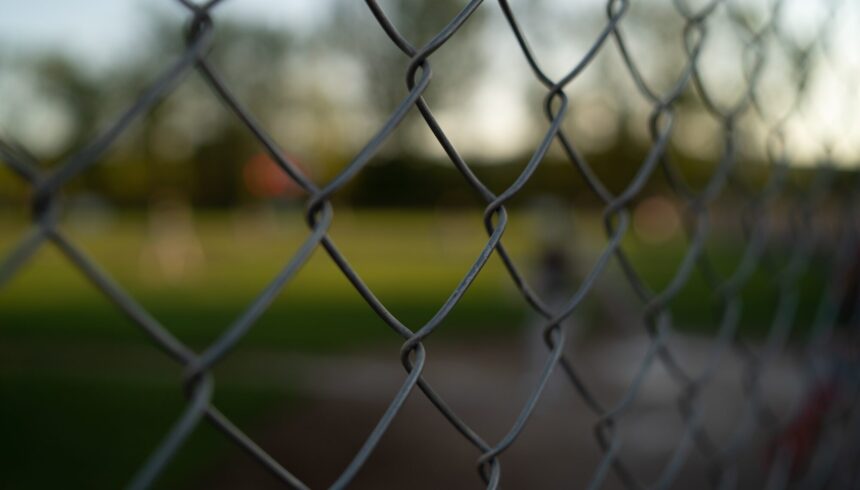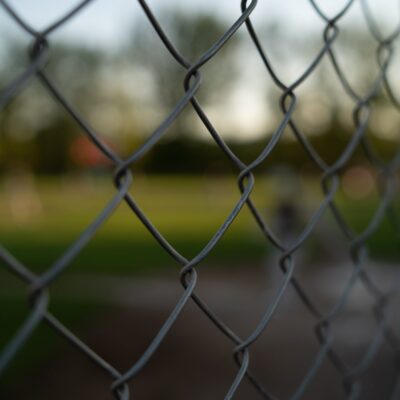Last week, with the detention outreach team, I visited the disused barracks turned asylum accommodation at Napier. The setting is bleak, institutional, and prison-like. It is gated and flanked by security guards. The buildings are largely dilapidated, dark, and cold. The site is removed from the nearby town. It is the recent site of a severe COVID-19 outbreak, predicted by public health authorities who were ignored. The setting itself seems calculated to generate hopelessness. And such hopelessness is mirrored in the responses of the newly arrived. Last week, many asylum claimants were brought to Napier barracks, normally from temporary hotel accommodation elsewhere in the UK. They had either not been told where they were going, or given the impression that they were being taken to longer term dispersal accommodation – likely a flat in a town or city somewhere. We saw and spoke to people shocked at being there – one of whom had tried simply to refuse to get out of the van when they saw where they were. Hope of a more secure home turned to horror when they noticed their surroundings.
Nor is this only about accommodation. Many of those accommodated at Napier do not have solicitors, and good ones are hard to find. As all of their hope hangs on the outcome of their asylum interview, they struggle to access the basic tools to help them navigate it.
Many of our friends seeking asylum are left without access to smartphones as they try to find their feet after weeks, months, or even years of being detained in Immigration Removal Centres, or temporary sites like Napier Barracks.
Gifting your pre-loved smartphone or tablet will boost their wellbeing as they can keep in touch with friends and family, and progress their lives.
And yet, there is hope here still. Some of the men accommodated here laughed and chatted with us. Others asked us to pray for the outcome of their asylum interviews. Down the road, out of a local church hall, JRS and other charities come together to run a day centre offering food, tea and coffee, activities, and a safer, more comfortable space to listen to people, link them up with legal support, and have a simple human conversation.
The effect of such simple provisions can not be underestimated. It is positive human interaction; a friendly smile, and a welcoming environment; a change from the institutional indifference that pervades the disused barracks. It brings with it the knowledge that there are people out there who care what happens next. For many, this offers a boost in mental wellbeing, however fleeting, that might help to alleviate the overriding sense of hopelessness, and allow them to find the strength to carry on.
God can be hard to find in bleak places, but God is there. And as we pray with those in Napier, we can rejoice in their tiny moments of rejoicing. We also weep with them as we weep.



